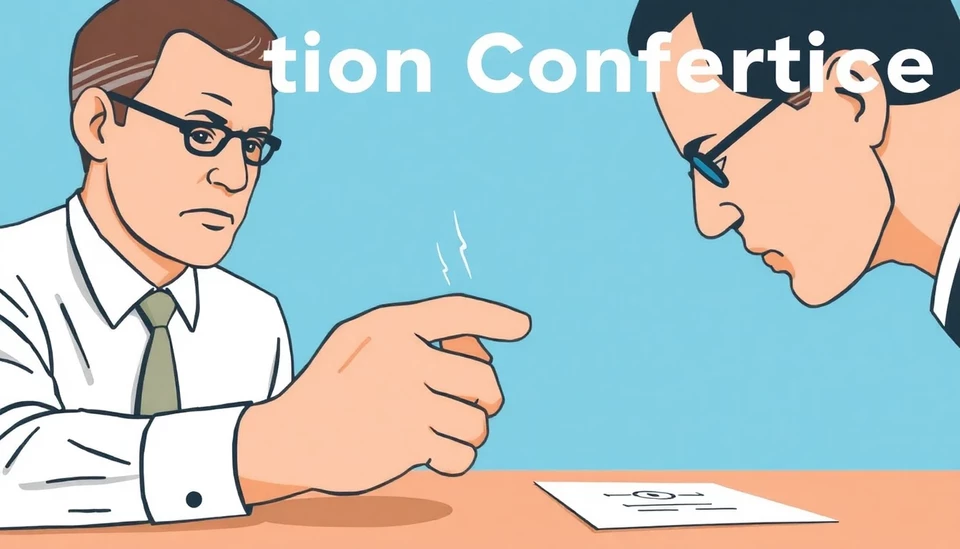
In a significant development for the environmental sector, key resignations at the organization responsible for carbon credit oversight have sparked concerns regarding the integrity and effectiveness of its regulatory framework. The recent departures come at a time when the credibility of carbon offset initiatives is under increasing scrutiny, raising questions about the organization’s future and the potential impact on climate action efforts globally.
The carbon oversight body, which has been pivotal in regulating carbon credits meant to offset greenhouse gas emissions, has recently witnessed the exit of several high-profile officials. Notably, these resignations have been linked to internal disputes concerning the organization's mandate and the efficacy of its existing carbon oversight processes. Industry experts suggest that this shake-up could lead to lower environmental standards and might hinder the progress of significant climate initiatives.
Experts have raised alarms about the ramifications of losing experienced personnel within the oversight body. The organization has been viewed as a crucial entity in promoting transparency and trust in carbon markets. However, with rising doubts regarding its stability, stakeholders are questioning whether it can adequately function in its mission to regulate carbon credits effectively. The resignations arrive amid broader discussions about the integrity of carbon markets, which many see as essential tools in the fight against climate change.
Observers have noted that the departures could signal deeper issues within the organization, influencing both policy and market dynamics. With a landscape that heavily relies on corporate accountability in emissions reduction, the confidence of investors, business leaders, and the public may dwindle, influencing the trajectory of climate policies moving forward.
In light of these developments, some analysts are advocating for immediate reforms within the agency to restore its credibility. They emphasize the need for an overhaul of governance structures and clearer operational guidelines to enhance transparency and accountability in its processes. Such actions could rebuild trust among stakeholders who depend on reliable carbon credit trading.
As discussions continue, the carbon oversight body faces an uphill battle in regaining confidence from various stakeholders, including governments, businesses, and environmental advocates. Ensuring the reliability and quality of carbon credits will remain critical as the world strives to meet increasingly ambitious climate goals, especially in this pivotal year leading up to critical global climate summits.
The atmosphere surrounding this oversight agency reflects broader tensions in the global conversation on climate change, with many watching closely to see how it navigates this turbulent period. The organization's ability to address internal challenges while reinforcing its commitment to climate integrity may play a crucial role in shaping future strategies for carbon regulation and emissions reduction.
#CarbonOversight #ClimateChange #EnvironmentalIntegrity #CarbonCredits #Sustainability #ClimatePolicy
Author: Peter Collins




